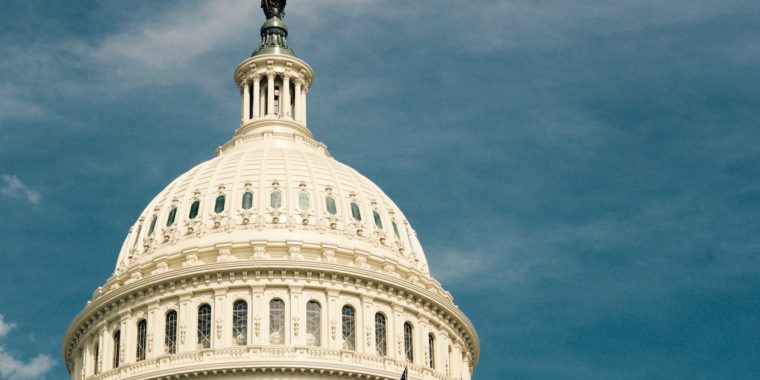One of the most crucial tasks for modern human resources professionals is providing an attractive benefits package to employees. Retirement savings, pensions and health plans provide enormous value to existing workers and prospective talent, but administering these benefits also comes with strong administrative and even regulatory challenges. Organizations that decide to act as retirement plan sponsors and offer such plans have several key responsibilities to keep in mind.
Why Plan Sponsors Should Regularly Benchmark Retirement Plan
The retirement planning space is competitive. 401(k) and 403(b) plan providers are under more pressure than ever to make sure that their services are competitive, both in terms of cost and performance. Still, the rising number of plan participant lawsuits filed against sponsors in recent years demonstrates that there remains significant leeway for less than competitive practices if sponsors aren’t vigilant. A vital component of this awareness is regular benchmarking of plan performance and fees against industry averages. This kind of cross-referencing is the responsibility of plan sponsors and can come with significant risks and opportunities. Below is a look at the factors that make sound benchmarking practices so crucial.
The Evolving Cybersecurity Landscape
Defend Your Retirement Plan From Cyberattacks
Unfortunately, falling victim to a cybersecurity attack is becoming increasingly common. It seems that at least once a week, another major company has fallen prey to the persistence of cyberattackers. Retirement plans are notorious targets for these attacks because they involve a high volume of sensitive information that is invaluable to criminals with malicious intent. Plan participant and financial information is generally shared with many different parties, making it more vulnerable to such threats. Retirement plan cybersecurity is crucial. We will discuss current risks as well as some useful tips for protecting your plan participants’ information.
Becoming a Retirement Plan Committee Member
So, What am I Really Signing-up For?
When a person is appointed or is being sought to be member of a retirement plan committee, the natural question is to understand exactly what the person is committing to. Simply stated, a committee member is a fiduciary, who is expected to always act on behalf of plan participants, using the care of a person familiar with retirement plans and investments. Fiduciaries are expected to exercise good care in the handling and diversifying of the plan’s assets, including the selection and monitoring of the investment options.
Yes, fiduciaries do have the potential for personal liability, both civilly and criminally. This is mitigated by following and documenting a good governance process, as well as by the bonding and liability insurance coverages. There is also a voluntary correction opportunity with the DOL and IRS if something does go awry.
Liability Changing for Plan Sponsors as Fiduciaries
The Department of Labor “Fiduciary Rule” requires those who advise people on their retirement plans to act in their clients’ best interests when they provide investment advice for compensation. While partially “implemented” on June 9, 2017, the DOL rule’s complete implementation has been further delayed until July 1, 2019. During the interval, however, there are actions employers and other plan sponsors should consider taking now to proactively minimize risk exposure until a final measure is in effect.





